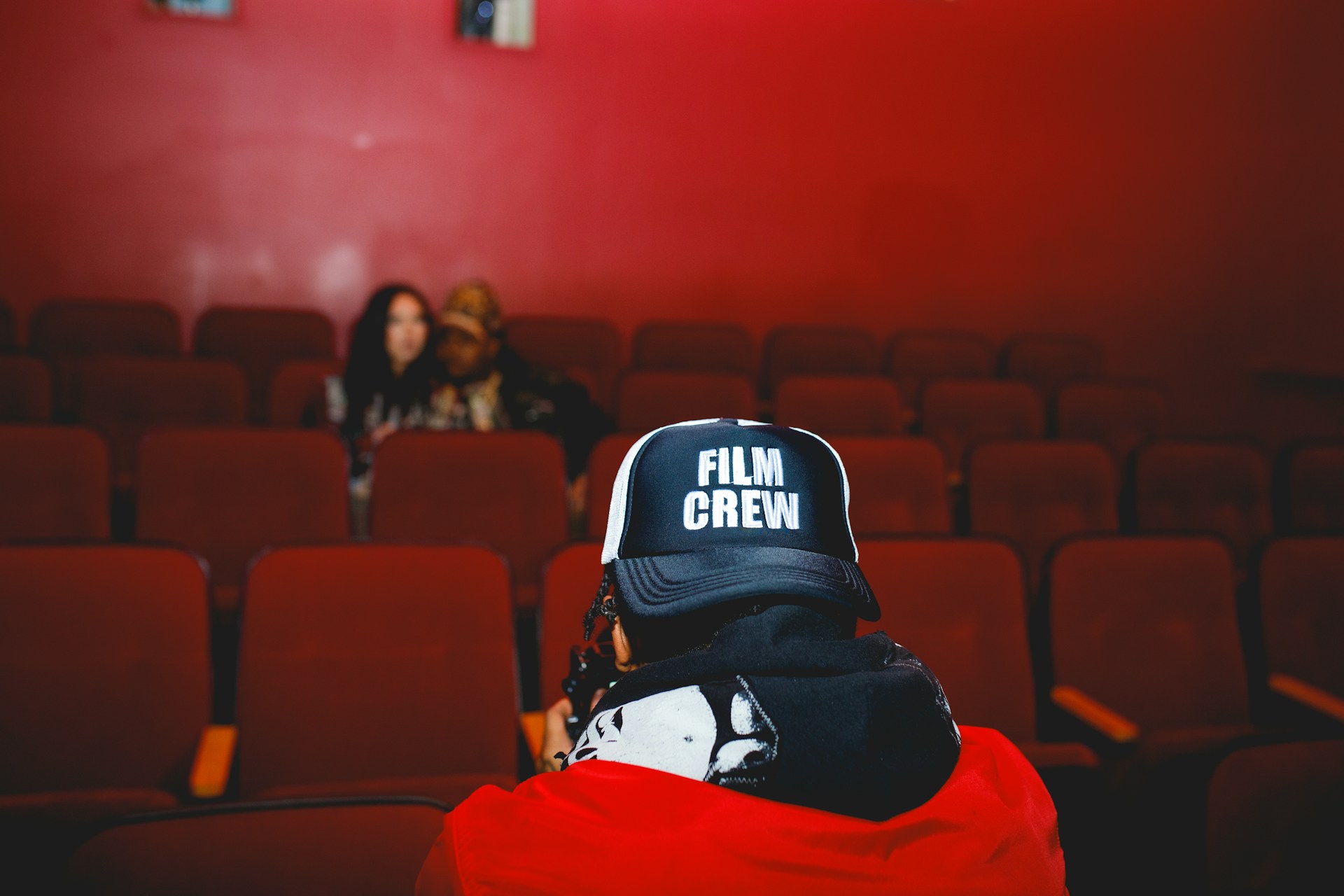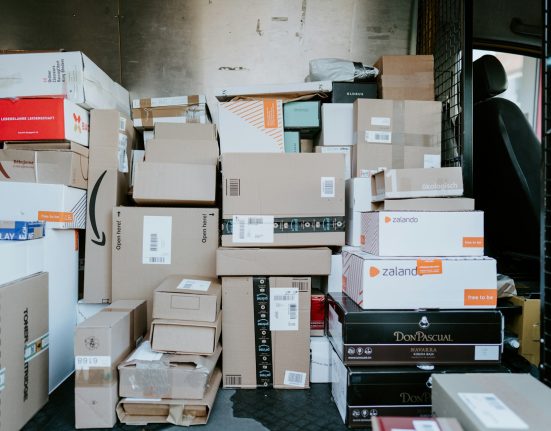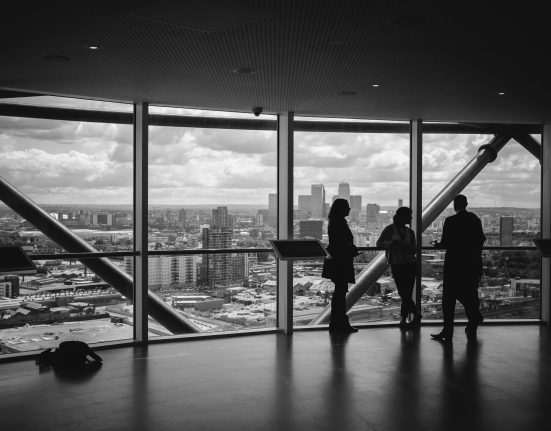Pop Culture Pulse: What’s Trending Now
In the fast-paced digital age, pop culture defines who we are, what we love, and how we express ourselves. From viral TikTok dances to blockbuster movies, celebrity gossip, and trending memes, pop culture is the heartbeat of modern entertainment. It reflects society’s changing values, technology’s influence, and the creativity that connects millions across the globe.
Today, pop culture isn’t just about celebrities or music — it’s about communities, ideas, and movements that shape the world in real time. Let’s dive deep into what’s trending now and how pop culture continues to influence our daily lives.
The Rise of Pop Culture in the Digital Age
Pop culture, short for “popular culture,” refers to the collection of ideas, trends, images, and attitudes that dominate mainstream society at a given time. In the past, pop culture spread through movies, radio, and magazines. Today, it thrives through social media, streaming platforms, and online communities.
The digital revolution has given every person a voice. A single tweet, YouTube video, or TikTok clip can spark global conversations and create overnight sensations. From K-pop fandoms to Marvel movies and viral internet memes, pop culture is now created and consumed faster than ever before.
Platforms like Instagram, YouTube, and TikTok have blurred the line between celebrities and fans. Anyone can become an influencer, trendsetter, or meme icon with creativity and timing.
Social Media: The Powerhouse of Modern Trends
Social media has become the epicenter of pop culture. It’s where trends are born, evolve, and sometimes die within hours.
1. TikTok – The Trend Machine
TikTok is the driving force behind most viral content today. From catchy dances and cooking hacks to makeup tutorials and short comedy skits, TikTok has turned ordinary people into global stars. Songs like “Dance Monkey” and “Savage Love” gained popularity primarily because of TikTok challenges.
Brands and celebrities also use TikTok to stay relevant. Viral filters, challenges, and collaborations make it the most powerful pop culture engine in the world right now.
2. Instagram and the Influencer Era
Instagram continues to shape fashion, travel, and lifestyle trends. Influencers create content that sets the tone for what’s “cool.” The rise of short-form content through Instagram Reels has made the platform more dynamic than ever.
From fitness trends to makeup routines, Instagram reflects the aesthetic side of pop culture — polished, stylish, and aspirational.
3. X (formerly Twitter) – The Conversation Hub
X (Twitter) remains the go-to platform for real-time discussions, memes, and breaking news. Hashtags like #Oscars2025 or #MetGala become global moments where fans unite to share opinions and humor.
It’s where pop culture meets politics, activism, and fandom — all in one fast-scrolling feed.
The Streaming Wars: Entertainment on Demand
The way people consume entertainment has changed dramatically. Traditional TV is slowly fading, replaced by streaming giants like Netflix, Disney+, Amazon Prime Video, and Hulu.
These platforms have transformed how stories are told and shared. Shows like Stranger Things, The Witcher, Squid Game, and Money Heist became worldwide sensations, transcending language and cultural barriers.
Streaming services have also given rise to diverse storytelling. International content — from Korean dramas to Spanish thrillers and Pakistani web series — is now gaining global recognition.
The battle for viewer attention has never been fiercer, but it’s the audience that benefits most — with endless entertainment choices at their fingertips.
Music Trends: From K-Pop to AI Artists
Music has always been the soul of pop culture, but the sound of today’s world is more global and digital than ever before.
K-Pop Dominance
K-pop continues to rule international music charts. Groups like BTS, BLACKPINK, and Stray Kids have redefined what it means to be global pop icons. Their dedicated fanbases (known as ARMY, BLINKS, etc.) showcase the power of fandom culture in the digital age.
K-pop’s success lies in its perfect blend of catchy tunes, fashion-forward aesthetics, synchronized choreography, and social media engagement.
Latin Music Explosion
Latin artists such as Bad Bunny, Karol G, and J Balvin have taken global stages by storm. Their music represents cultural pride and diversity while breaking streaming records.
AI-Generated Music and Virtual Artists
Technology is now producing AI-generated songs and virtual singers. AI tools like Suno AI and Mubert can compose tracks instantly. Meanwhile, virtual idols like Lil Miquela have millions of followers, proving that the boundaries between reality and digital identity are fading.
Celebrity Culture: Fame, Fashion, and Fan Power
Celebrities remain the driving force of pop culture, but fame looks very different today than it did a decade ago.
In the past, movie stars and musicians ruled the spotlight. Now, influencers, YouTubers, and gamers are just as famous — and sometimes even more influential.
1. The Power of Influencers
Influencers build trust with their audiences. Whether it’s a makeup artist like James Charles, a gamer like Ninja, or a lifestyle creator like Emma Chamberlain, these figures shape trends faster than traditional celebrities.
2. Fashion and Red-Carpet Moments
Events like the Met Gala, Cannes Film Festival, and Oscars remain huge cultural moments. Every outfit, hairstyle, and accessory becomes a meme or fashion trend within minutes.
3. Fan Culture and Parasocial Relationships
Fans are no longer passive viewers — they’re active participants. They create fan art, write stories, and promote their idols. This “fan economy” drives billions in revenue through merchandise, tours, and online content.
However, the obsession with fame also has a dark side: online trolling, privacy invasion, and mental health struggles are serious concerns within celebrity culture.
Memes: The Language of the Internet
If pop culture had an official language, it would be memes.
Memes turn everyday events into comedy gold. They can spread faster than any news article or ad campaign. A funny reaction image, a movie quote, or a relatable tweet can unite millions through shared laughter.
From “Woman Yelling at a Cat” to “Distracted Boyfriend” and recent AI-generated meme trends, memes are the most powerful form of cultural commentary in today’s digital age.
Memes don’t just entertain — they influence. Brands, politicians, and activists use memes to engage younger audiences in meaningful (and humorous) ways.
Fashion Trends: Where Pop Culture Meets Style
Fashion has always been a reflection of pop culture. What celebrities wear on red carpets or influencers showcase on social media quickly becomes mainstream.
1. Streetwear and Sneaker Culture
Streetwear brands like Supreme, Off-White, and Yeezy have turned casual clothing into luxury fashion. Sneaker drops now create as much buzz as new iPhone releases.
2. Sustainable and Gender-Neutral Fashion
Younger generations are driving trends toward sustainability. Thrift shopping, upcycling, and eco-friendly brands are reshaping the industry. Gender-neutral clothing lines from designers like Gucci and Louis Vuitton challenge traditional fashion norms.
3. Pop Culture Collaborations
Collabs between entertainment and fashion are booming — think Marvel x Adidas, BTS x Louis Vuitton, or Barbie x Zara. These crossovers merge fandom with fashion, blurring the line between pop culture and consumerism.
Technology’s Role in Shaping Trends
Pop culture and technology go hand in hand. Every new app, gadget, or innovation changes how we create and consume entertainment.
1. The Metaverse
The metaverse is redefining digital interaction. Virtual concerts, 3D avatars, and online fashion shows are becoming common. Artists like Travis Scott and Ariana Grande have performed live in virtual worlds like Fortnite, attracting millions of viewers.
2. Artificial Intelligence
AI tools like ChatGPT, Midjourney, and Runway ML are empowering creators to make art, videos, and music faster. While some fear AI could replace human creativity, others see it as an exciting new tool for storytelling.
3. Gaming and Esports
Gaming has evolved into a cultural powerhouse. Esports tournaments draw crowds as large as major sports events, and streamers earn millions through Twitch and YouTube. Games like Fortnite, GTA V, and Valorant aren’t just entertainment — they’re lifestyles.
Pop Culture and Social Movements
Pop culture isn’t only about fun — it’s also a platform for change. Celebrities and creators often use their influence to raise awareness about social and political issues.
Movements like #MeToo, Black Lives Matter, and Climate Action have gained momentum through pop culture. Films, songs, and digital campaigns amplify these causes, proving that art can drive activism.
Even fictional stories — like Black Panther or Money Heist — have sparked real-world discussions about equality, rebellion, and identity.
Globalization of Pop Culture
Pop culture is no longer confined to one country or region — it’s a global phenomenon.
K-dramas are watched in Brazil. American hip-hop influences African music. Turkish series like Diriliş: Ertuğrul are loved in Pakistan and Indonesia.
Social media has made cultural exchange seamless. This globalization of trends brings people together, creating shared experiences that transcend borders.
However, it also raises questions about cultural appropriation — when aspects of one culture are used without understanding or respect. The challenge for creators is to celebrate diversity while maintaining authenticity.
The Future of Pop Culture: What’s Next?
The future of pop culture is exciting, unpredictable, and immersive. Here’s what’s on the horizon:
-
AI-generated entertainment – Personalized movies and music crafted by algorithms.
-
Virtual influencers – Digital personalities who interact with fans like real humans.
-
Augmented reality (AR) – Fashion try-ons, live concerts, and interactive ads powered by AR.
-
Decentralized media – Fans owning a share of their favorite content through blockchain and NFTs.
-
More diversity – Representation of different cultures, genders, and voices in global media.
The next decade will blur the lines between reality and virtual creativity. But the essence of pop culture will remain — reflecting who we are as a society.
The Beat Goes On
Pop culture is more than entertainment it’s the pulse of the world. It captures the trends, voices, and emotions that define each generation. From TikTok challenges to global fandoms and digital revolutions, pop culture continues to evolve at lightning speed.
It connects people across boundaries, inspires creativity, and shapes how we see the world. Whether you’re a meme lover, music fan, or movie addict, you’re already part of the ever-changing rhythm of pop culture.
The beat goes on and the world keeps dancing to it.








Leave feedback about this